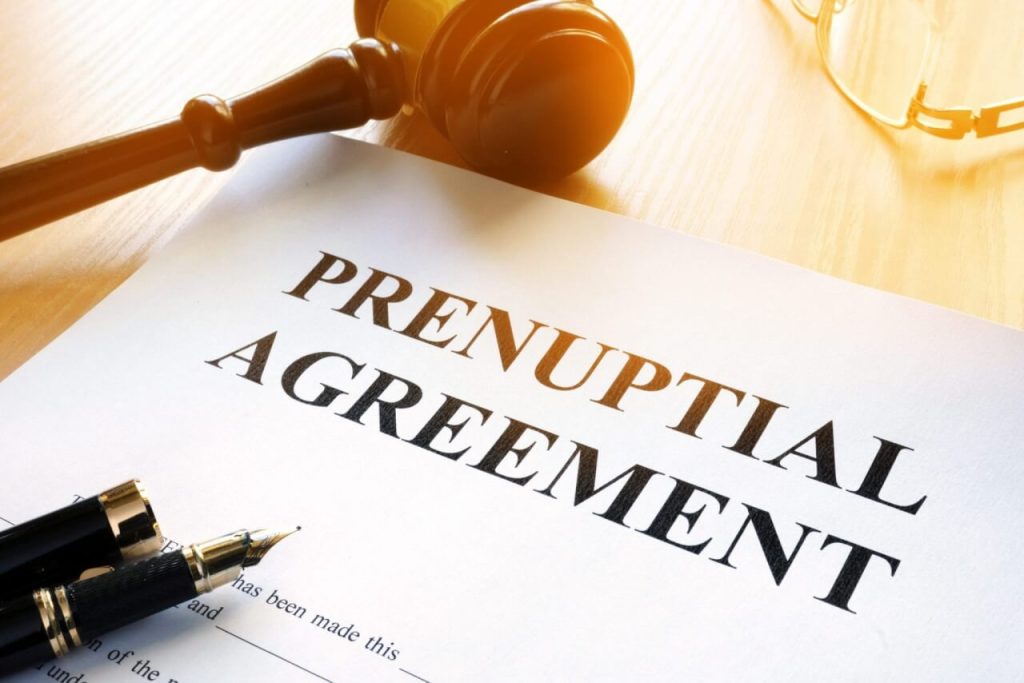Did you have a great career when you decided to get married? Or, did you or your spouse have significant personal assets that you wanted to protect if you ever filed for a divorce? Now that you are thinking about the imminent end of your marriage, you may begin to worry about if the courts are going to uphold the prenuptial agreement that you signed.
Regardless of if the document you signed favors you or your spouse and you want the courts to enforce it, or if you feel as though the document is skewed unfairly against you and hope they will throw it out, it’s a good idea to know some of the common reasons why the family courts in Florida may throw out or invalidate your prenuptial agreement. When you know what these reasons are, you can determine how they are going to respond to yours.
The Idea of the One-Sided Prenup is Over
Just a few decades ago, the prenuptial agreement was mainly a legal device that was used for only the famous, rich, or powerful to help protect them from losing their wealth when going through a divorce. At this time, the prenuptial contract provided protection from a spouse who may have an unknown motive.
Today, the court isn’t going to appreciate prenuptial agreements that just extend protection to one of the people in the marriage. The courts want to find a balance in the documents designed to protect the interest of both parties involved. Besides that, the spouse without protection based on the documents should have been given some compensation when signing the documents to help offset the rights they waived at the time the prenup was signed.
Both People Signed of Their Own Free Will and with Their Own Lawyer
Nothing will skew the possibility of fairness of a contract faster than having it created by a lawyer who only represents one party while the other party has no attorney to advise them. Not being aware of the types of terms that are legal and enforceable, confusion regarding what legal jargon and language truly mean, and the inability to stand up for themselves in any type of legal capacity all contribute to someone signing a prenuptial agreement that is unfair if they don’t have their own lawyer.
Also, outside influences or even pressure from the future spouse may compel someone to sign the document when they don’t really want to. If you are able to show your spouse threatened or pressured you to sign or if you were under duress, you may feel as though you did not have any options.
Examples of this include an unplanned pregnancy outside the marriage that causes the threat of poverty, or the possibility of repercussions from religious communities. If you can build a case that you were signing under duress, there’s a good chance the courts would be much more likely to think about ignoring the provisions in the prenuptial agreement.
Hiring an Attorney for Help with Your Case
If you have a prenuptial agreement and you are worried about how it is going to affect your upcoming divorce case, the best thing you can do is to hire an attorney. To learn more, contact Lewert Law, LLC by calling (561) 544-6861.

